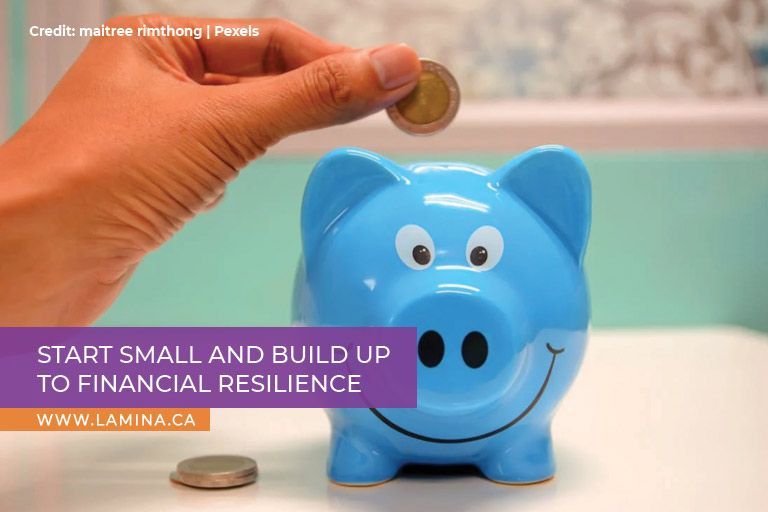Forget the idea of needing a luxurious spa day to recharge. Self-care is about building routines that integrate seamlessly into your life, not disrupting it. Start by incorporating short bursts of self-care into your daily or weekly schedule. Here are some ideas:
Dedicate just 5-10 minutes each morning to quiet meditation. Apps like Insight Timer offer free guided meditations for beginners. This practice can significantly reduce stress and improve focus, leaving you feeling more grounded for the day ahead.
Schedule short bursts of movement throughout your day. Take the stairs, do some quick stretches while waiting for the kettle to boil, or walk around the block during your lunch break. Even small bursts of activity can boost your mood and energy levels.
A 20-minute power nap can be a game-changer, especially when you're feeling sleep-deprived. This isn't about a full night's sleep, but a quick reset button to improve alertness and cognitive function. The
results of a study suggest that “a short 20 min nap in the mid-afternoon had positive effects upon the maintenance of the daytime vigilance level.” This will allow you to do more for both you and your household.
Carve out designated times to disconnect from technology. Put your phone away during meals, before bed, and during quality time with your children. This allows for focused attention on yourself and your loved ones, reducing stress and promoting better sleep.
2. Get Adequate "Me Time" (Even if it's Micro)
While carving out large chunks of "me time" might seem like a luxury, even small pockets of time can be transformative. Here's how to make it work:
Wake up 30 minutes before everyone else. Enjoy a cup of coffee on the porch, read a few pages of a book, or listen to a podcast that interests you. This quiet time allows you to center yourself before the day's chaos begins.
Turn your shower into a mini spa experience. Invest in inexpensive bath salts or essential oils, and use the time to focus on relaxation. Let the hot water soothe your muscles and use the solitude to clear your head.
When running errands, choose a few that are just for you. Whether it's browsing a bookstore, picking up a coffee from your favourite cafe, or stopping by a thrift store, dedicate some time to doing something you enjoy without the kids.
Consider swapping childcare with a friend or family member for a few hours each weekend. Use this time to do something you find invigorating, whether it's going for a walk in nature, catching a movie, or indulging in a creative pursuit.
3. Seek Community and Connection
Humans are social creatures, and connection is vital for emotional well-being. Here are ways to create a support system that nourishes you:
- Barter System with Friends
Offer to watch your friend's kids while they have some time off in exchange for them doing the same for you. This creates a win-win situation for both of you.
Check your local community center or library for support groups aimed at single parents. This is a fantastic way to connect with others who understand your unique challenges and can offer advice and encouragement.
There are numerous online forums and social media groups dedicated to single parents. These platforms offer a safe space to vent, share experiences, and build virtual friendships with understanding individuals.
Libraries, parks, and community centers often host free events and activities. Take advantage of these opportunities to connect with others, expose your children to new experiences, and create shared memories.
4. Say No (Without Feeling Guilty)
Single parents often feel a pressure to be Wonder Woman/Superman. But setting boundaries is crucial for self-preservation. It's okay to say no to extra commitments, even if it means letting someone down occasionally. Life coach, Tony Robins, says, “...when you say ‘no,’ you’re not saying ‘I hate you,’ and you’re not insulting someone, you’re simply exercising your right to say ‘no.’
Because it is a right, not a privilege.”
Here are ways to gracefully decline:
Explain that you have limited time due to your single-parent responsibilities.
Can you help out in a different way?
Suggest getting together in the future when your schedule allows.
5. Fuel Your Body, Nourish Your Spirit
Healthy eating doesn't have to be expensive. Here's how to nourish your body and spirit without blowing your budget:
Make meal planning a family activity. Flip through grocery flyers, utilize free recipe apps, and create a weekly menu based on sales and affordability.
Cook larger batches on weekends and portion them out for easy weekday meals. This saves time and money while ensuring healthy choices throughout the week.
Many farmers markets offer fresh, seasonal produce at a fraction of the cost of supermarkets. Take advantage of the bounties of local growers.
- The Power of Pantry Staples
Stock your pantry with staples like beans, lentils, brown rice, and whole-wheat pasta. These are versatile, budget-friendly options that can be easily transformed into delicious and healthy meals.
Double your recipe and freeze leftovers for quick, healthy meals on busy days.
6. Buiild Financial Wellness: A Pillar of Self-Care







